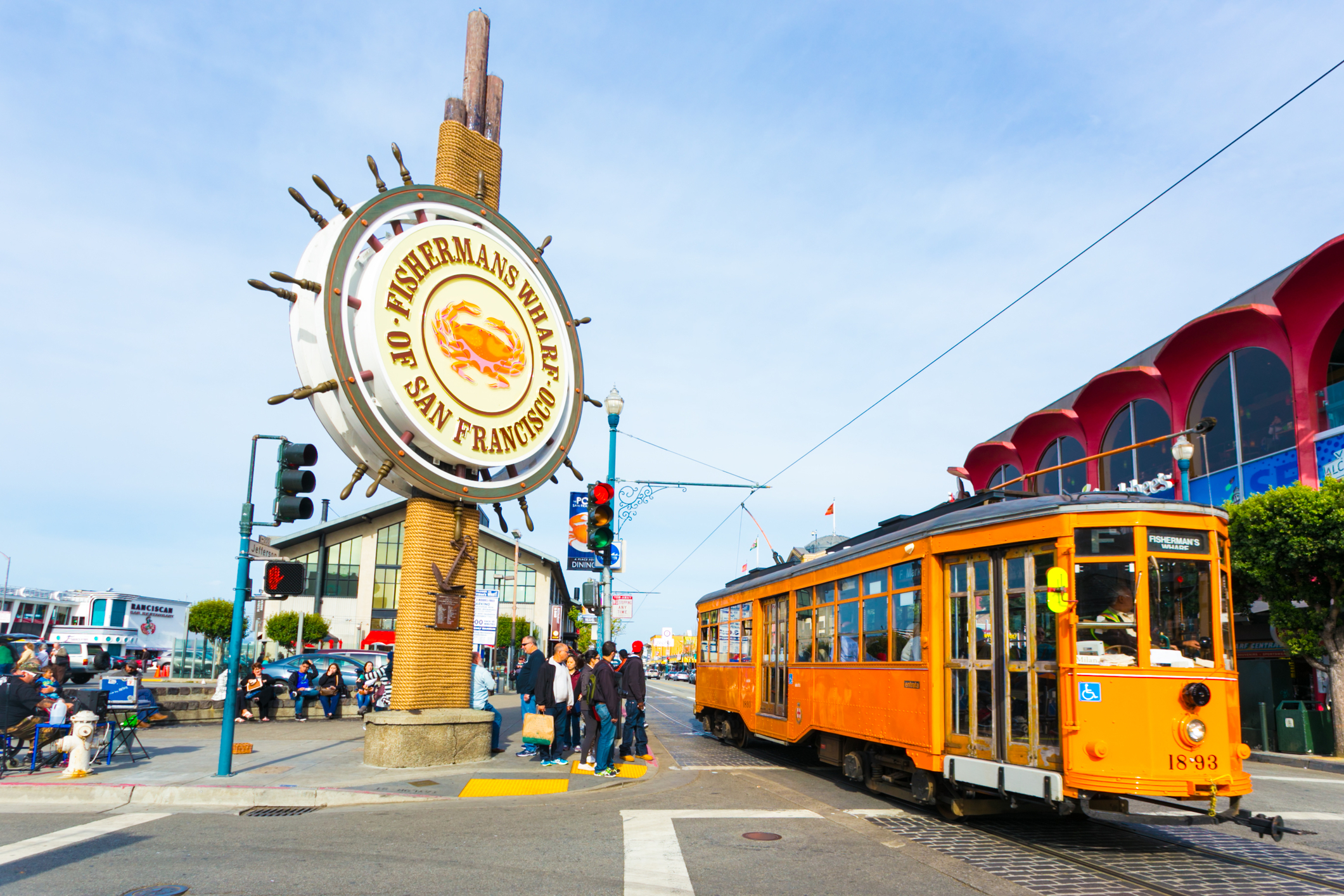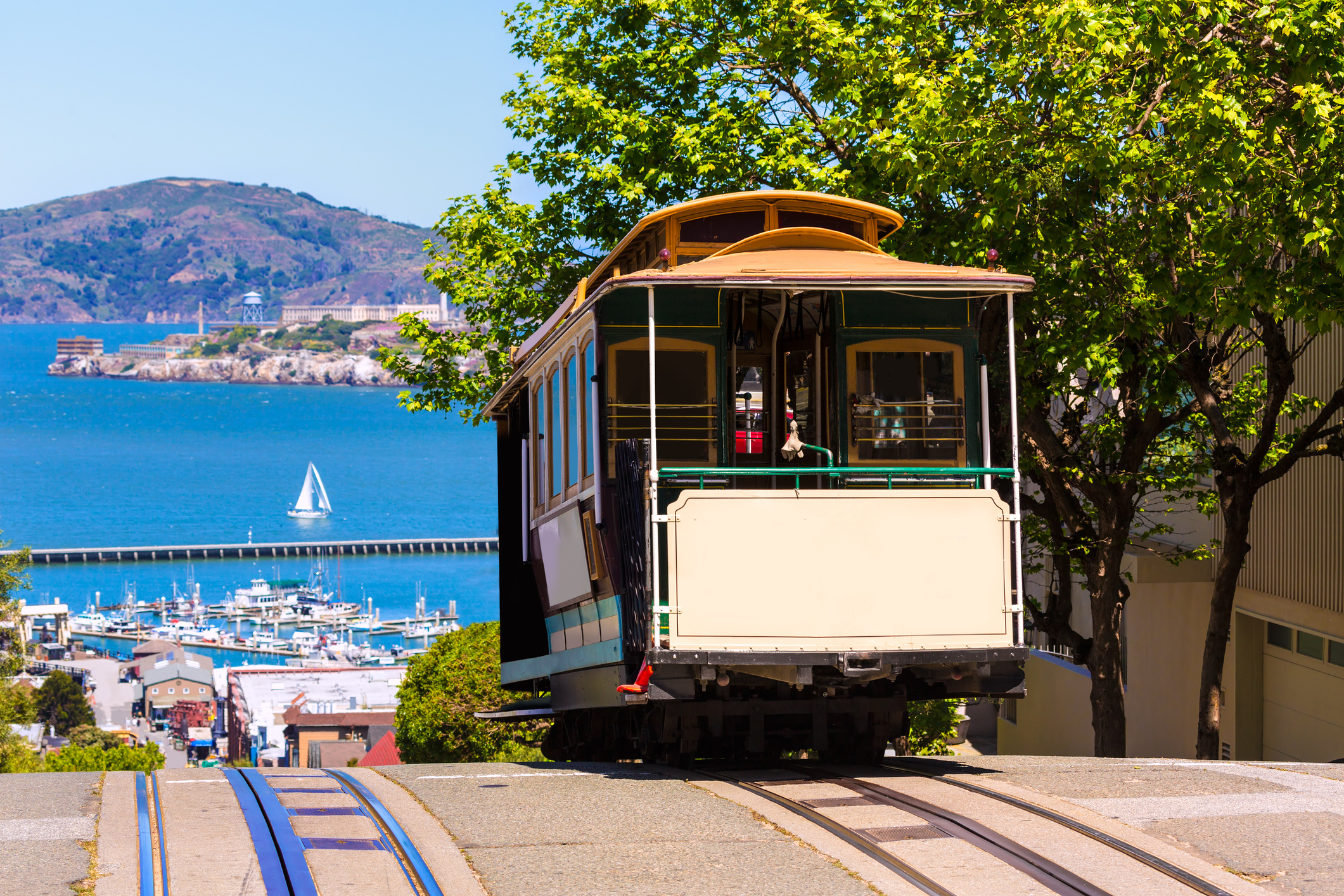Ask any average American who Ninetto Davoli is, and you’ll likely get a blank stare. Even fans of vintage foreign films may have a hard time remembering where they’ve heard that name before. But ask an Italian or Italian film fan, and you’ll get the kind of reaction usually reserved for superstars who began their careers in the nineteen-seventies, such as like Ron Howard, Jodie Foster, or John Travolta. Such was the case Saturday night at the opening of the Pasolini Film Series.
Though the unexpectedly-large crowds that packed the Castro Theater were seemingly there to enjoy the films of legendary Italian director Pier Paolo Pasolini, it didn’t take long to realize that the true focus of the evening was Davoli, whose early career as Pasolini’s protégé launched him to enduring stardom.
In 1963, when Davoli was only fifteen years of age, he began a relationship with the unconventional and controversial Italian director. Pasolini cast his young paramour in his 1964 film, Il vangelo secondo Matteo (The Gospel According to Saint Matthew). It was a non-speaking role, but Pasolini was so impressed with Davoli’s screen presence, he took the major step of casting him in a starring role opposite the legendary Italian comic actor Totò in Pasolini’s 1966 ground-breaking film, Uccellacci e uccellini (The Hawks and the Sparrows). The film became an instant classic, and became the catalyst that launched Davoli’s four-decade career.
While Davoli’s intimate relationship with Pasolini waned early on, Pasolini continued to cast Davoli in a number of other films, including Il Decameron (1971), I Racconti di Canterbury (1972), and Il fiore delle mille e una notte (1974), all three of which were shown at Saturday night’s film series. Davoli made a total of nine films with Pasolini.
At the age of fifty-three, Pier Paolo Pasolini was murdered by a street hustler in 1975, shortly after completing his most controversial film, Salò o le 120 giornate di Sodoma. Ninetto Davoli’s career continued to flourish. He eventually married and became a beloved and honored Italian actor and director in his own right.
Before Saturday’s screening of Medea, Davoli had the opportunity to speak to the audience. He was assisted by a translator, who was as entertaining as Davoli himself. He began simply enough: “Buona sera a tutti. Sono molto felice di essere qui stasera.” The translation came from Antonia Fraser Fujinaka: “Good evening everyone. I am very pleased to be here tonight.”
Davoli then continued in Italian, for nearly ten minutes without stopping. He was so involved in telling the story of his early days with Pasolini, he forgot to pause for a translation. When he realized that he had been speaking Italian to a mostly American audience for so long, he stopped abruptly, looked at his translator, and apologized for having put her in the position of having to remember the long and detailed story that he had just shared with the audience. Without flinching, Fraser Fujinaka smiled, and proceeded to provide a perfect translation of every detail of the story. The several bilingual members of the audience later commented on how precise—and entertaining—her translation was.
Davoli’s story focused on how at the age of only sixteen, he was asked by Pasolini to kill a few hours with opera super-star Maria Callas, who he had cast in the starring role of his new film, Medea. The Greek-born Callas was world famous by this time, but had never appeared in a motion picture. Pasolini was occupied at the movie studio, and asked his young friend to go to the hotel where Callas was staying, and spend a couple hours with her until Pasolini himself was free.
When Callas opened her hotel room door, the handsome teenager announced that Pasolini had sent him to “entertain” her. Not knowing exactly what to make of the boy, she pressed him for a little more information. She was taken aback when he told her that he was supposed to show her a good time, but when he suggested that they go for a drive around Rome and perhaps have a gelato, she found his naïveté charming. They spent the next few hours sight-seeing, and when Davoli suggested that they get a drink, she agreed. Davoli took her to his favorite watering hole, a grungy dive bar in a less-than-desirable neighborhood.
When he entered, he told the bartender that he had Maria Callas in the car and was bringing her in for a drink. Everybody laughed at the preposterous thought of such a big star entering their dumpy little tavern. And then the diva entered, and Davoli became an instant legend.
Through his translator, Davoli continued to tell story after story of his early days with Pasolini. The start of the film was delayed for forty minutes, but there were no complaints. The Castro Theater audience came for Pasolini, but before long, it was clear that they were in the palm of Davoli’s hand, and he was the center of attention.
As Medea was presented on the big screen, Davoli and the assembled VIPs retired to the mezzanine of the Castro Theater for a reception hosted by Amelia Antonucci, the producer of the film series, and assisted by members of DIVE and C’era una Volta Restaurant. Davoli was charming, approachable, and more than willing to share additional stories of his time with Pasolini.
When asked by L’Italo-Americano about which film was the most important one of the nine he made with Pasolini, Ninetto Davoli replied, “When he first picked me to play an extra part in The Gospel According to Matthew, I was just a young school boy, that was a surprise. I was very shy and I didn’t want to do it at first as I didn’t want to speak, but he reassured me and taught me how to be in front of a camera.
“The wonderful thing it was one year after,” continued Davoli. “When he asked me to do The Hawks and the Sparrows with Totò—one of the greatest actor ever—it was an incredible opportunity for me; I thought I was dreaming.
“So The Hawks and the Sparrows is the most important one for many reasons. It was my first film, the beginning of my career, the one I cherish with great emotion and I keep in my earth yet, as I discovered a completely new world, the fantastic world of cinema. I can say that I’m still in love with this experience and it’s still a wonderful emotion to watch it, even if I realize how old I’m getting right now.”
Roberto Natalini’s interview with Ninetto Davoli can be seen in the La Commuità Italiana di San Francisco section of this week’s issue of L’Italo-Americano.































